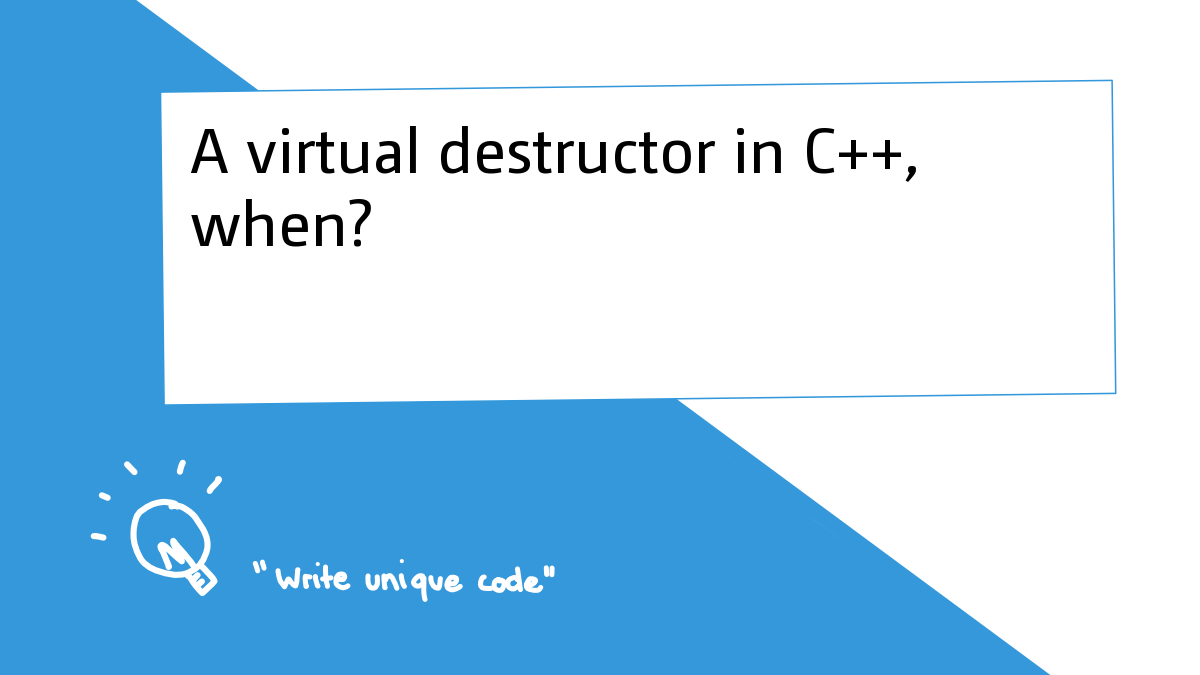Trip report: C++ On Sea 2025 -- Sandor Dargo
 Another year, another trip report from C++ On Sea!
Another year, another trip report from C++ On Sea!
Trip report: C++ On Sea 2025
by Sandor Dargo
From the article:
First, a heartfelt thank-you to the organizers for inviting me to speak, and an equally big thank-you to my wife for taking care of the kids while I spent three days in Folkestone — plus a few more in London to visit the Spotify office and catch up with some bandmates.
If you have the chance, try to arrive early or stay around Folkestone for an extra day. It’s a lovely town and it’s worth exploring it. The conference program is very busy even in the evenings, so don’t count on the after hours.
This year, I arrived an half a day in advance and I had a wonderful hike from Folkestone to Dover. It was totally worth it.
In this post I’ll share:
- Thoughts on the conference experience.
- Highlights from talks and ideas that resonated with me.
- Personal impressions, including reflections on my own sessions — both the main talk and the lightning talk.

 When should a destructor be virtual in C++? In this post, we’ll explore a real-world example from smart pointer implementation to illustrate when virtual destructors are necessary — and when they’re not.
When should a destructor be virtual in C++? In this post, we’ll explore a real-world example from smart pointer implementation to illustrate when virtual destructors are necessary — and when they’re not. C++26 is bringing a long-awaited feature to the language: compile-time reflection, enabling programs to introspect and manipulate their own structure during compilation. This powerful capability opens the door to eliminating boilerplate, improving performance, and writing more expressive, reusable code with ease.
C++26 is bringing a long-awaited feature to the language: compile-time reflection, enabling programs to introspect and manipulate their own structure during compilation. This powerful capability opens the door to eliminating boilerplate, improving performance, and writing more expressive, reusable code with ease. Variadic templates are a powerful C++ feature that allow template classes or functions to accept an arbitrary number of parameters. In this article, we’ll explore how to combine them with class templates and examine the various ways the parameter pack can be expanded.
Variadic templates are a powerful C++ feature that allow template classes or functions to accept an arbitrary number of parameters. In this article, we’ll explore how to combine them with class templates and examine the various ways the parameter pack can be expanded. Constexpr has been around for a while now, but many don’t fully understand its subtleties. Andreas Fertig explores its use and when a constexpr expression might not be evaluated at compile time.
Constexpr has been around for a while now, but many don’t fully understand its subtleties. Andreas Fertig explores its use and when a constexpr expression might not be evaluated at compile time. In C++, the presence of a user-declared (but not explicitly deleted) copy constructor is enough for the type to be considered copy-constructible by traits like
In C++, the presence of a user-declared (but not explicitly deleted) copy constructor is enough for the type to be considered copy-constructible by traits like  While C++ doesn’t have native syntax for returning multiple values like some other languages, modern C++ offers powerful tools to accomplish the same goal. With features like
While C++ doesn’t have native syntax for returning multiple values like some other languages, modern C++ offers powerful tools to accomplish the same goal. With features like